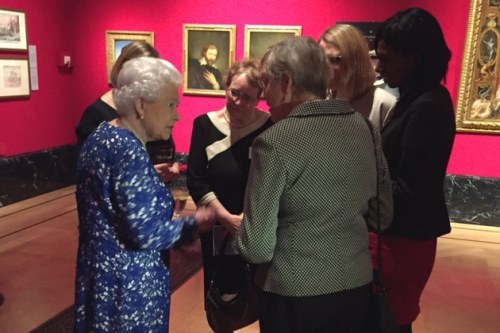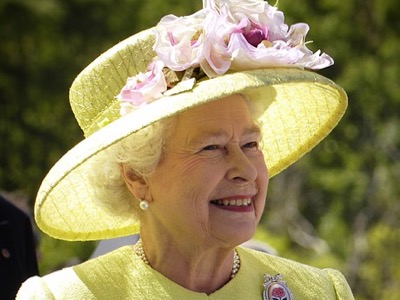Her Majesty the Queen has gathered with female permanent secretaries to celebrate the diversity and senior female leadership of the Civil Service.
Held at The Queen’s Gallery at Buckingham Palace, the event acknowledged that women are being appointed to the top of the Civil Service at the fastest rate in history.
In total, there have been 35 female permanent secretaries, including those currently in post. One in three permanent secretary positions in the past two and a half years went to women.
The Civil Service appointed its’ first female permanent secretary, Baroness Evelyn Sharp, in 1955, just three years after the Queen’s coronation.
Baroness Sharp entered the Fast Stream in 1926, just one year after women were allowed to apply. There are now ten female permanent secretaries, making up just over a quarter of all permanent secretaries.
The event marked this achievement, but also brought together role models for future generations and future permanent secretaries.
Speaking about the event, Sue Owen, Permanent Secretary at the Department for Culture, Media and Sport, and diversity champion for the Civil Service said, “I was delighted to welcome so many women who have broken the glass ceiling past and present to get to the very top of the Civil Service.”
“Women make up more than half the Civil Service and we benefit from their skills.”
“It is absolutely right that women should be properly represented at the highest levels.”
“Whilst the first female Permanent Secretary was appointed in 1955, it is only in the last decade or so that real progress has been made.”
“We want this trend to intensify.”
“We will support women at every level to achieve their full potential and to know they can reach the very top.”
Sir Jeremy Heywood, Cabinet Secretary and Head of the Civil Service said, “The Civil Service is committed to being a place where everyone can thrive regardless of background, with the aim of becoming the most inclusive employer in the UK.”
“Currently, over 40% of the Senior Civil Service are women.”
“But there is still more to do, which is why we are determined to build on our progress to date by removing any remaining barriers for women and other underrepresented groups in the Civil Service.”






